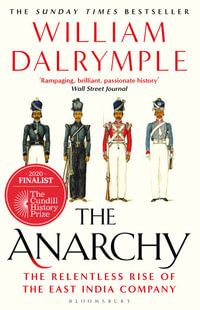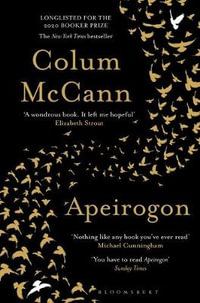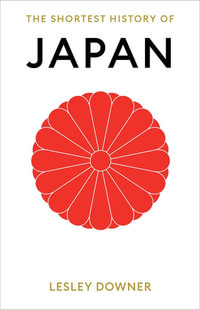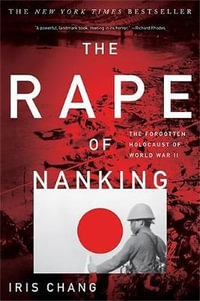Dina Rizk Khoury's book, which spans three centuries of Ottoman history, offers a new interpretation of relations between the central Ottoman empire and the frontier city of Mosul during the early modern period. Basing her work on Ottoman and Iraqi archival sources, the author demonstrates that, contrary to the accepted view, the links between the central state and provincial social groups in fact grew stronger throughout the period. The development and expansion of the system of tax farms and entitlements, for example, bound the provincial service gentry, drawn from mercantile, military and bureaucratic provincial families, to the Ottoman state structure, notwithstanding the apparent weakening of administrative controls. This comparative and broad-ranging book will be of interest to Middle East historians and Ottomanists, as well as to those concerned with the process of state formation in the early modern period. Prizewinner - The British-Kuwait Friendship Society prize in Middle Eastern studies
Industry Reviews
"...she has mastered the sources needed to write a thorough study of Ottoman Mosul. ...this is a book that should be widely read, for it has much to offer a broad historical audience." James A. Reilly, Canadian Journal of History "...Khoury is to be applauded for both her effort and results." International Journal of Middle East Studies "Dina Rizk Khoury's impressive and rich work is based on substantial archival research that draws on both central Ottoman and local Mosul archives. It is an important addition to Ottoman studies and to the rediscovery of the complex history of the Arab provinces." Maher Jarrar, MESA Bulletin "Dr. Khoury's study is an important contribution to a major refinement of our understanding of the Ottoman imperial state." Weston F. Cook, Jr., Sixteenth Century Journal "The book is at its best in depicting the world view of the provincials, an exceptional achievement that remains rare in Ottoman studies." Turkish Studies Association Bulletin "...this book occupies a significant position alongside those challenging once-accepted characterizations of total decline during the empire's later centuries. This work greatly benefits from the author's efforts to recognize the plurality of interests at play in defining the conduct of the central state's and local actors' varied relationships, a significant departure from existing reductionist approaches, which have yielded dualistic stereotypes. Khoury's work yields a critical study of the political and socioeconomic contexts of life in a late-Ottoman provincial setting, which meaningfully enhances existing scholarshipo and would be of great utility to academics engaged in social and other histories of the early modern Middle East." Religious Studies Review

























